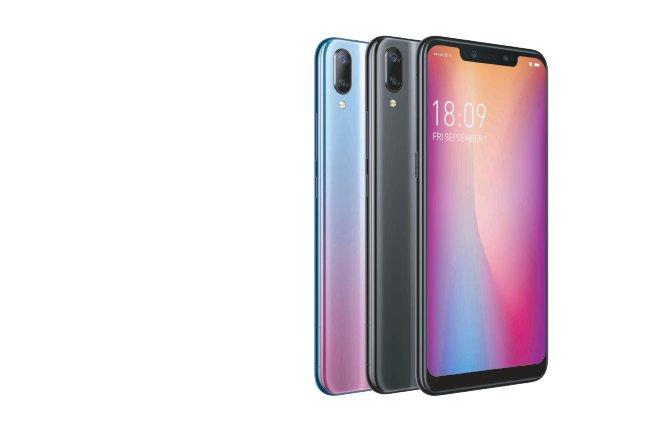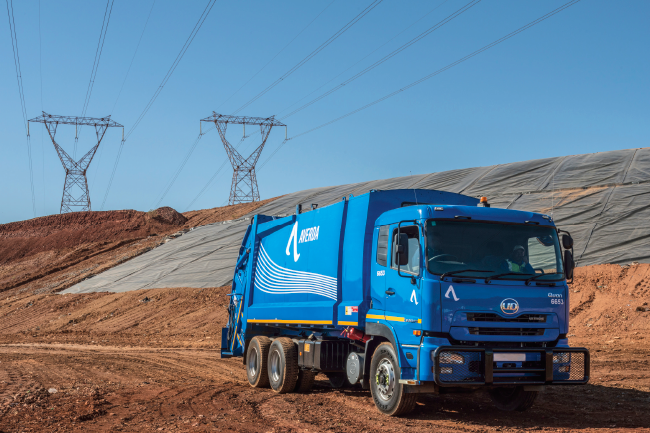Mobicel is a technology company that embodies the typically African characteristics of independence, resourcefulness and innovation, positioning itself as a hero for the South Africa’s mobile phone users and continuing to thrive in a fiercely competitive market.
In 2007, founder and CEO Ridhwan Khan established Mobicel, based on his passionate belief that South Africans deserve better. He recognised that technology is a tool for empowerment and he knew that a mobile phone isn’t simply a device. It empowers people to interact with and shape their world. It’s an extension of one’s personality, voice and senses. So by putting a mobile phone in a person’s hand, Mobicel is empowering people to have, do and be more.
Pole position
Recent statistics show that Mobicel is the leading mobile brand in South Africa in terms of sales. Mobicel sells more devices than any other brand in the market.
A report issued by Counterpoint has shown that within the smartphone segment, Mobicel has seen the highest growth rate in market share – from 6% in 2017 to 16% in 2018. The growth of Mobicel smartphones, driven by the Mobicel Astro, places the company as the largest mobile phone brand in South Africa in 2018.

Be more
From the very beginning, Mobicel has lived its ‘be more’ ethos. Knowing that mobile phones are a necessity and not a luxury, the company set out to put these devices in more people’s hands at affordable prices.
Its mission is nothing short of revolutionary: power through technology; by the people, for the people. From small beginnings, Mobicel has grown to be a major player in the South African mobile phone market. It designs and manufactures handsets that hold their own alongside global brands. The challenge is always to create and market this technology at prices that are not merely competitive, but a fraction of those offered by its big-name competitors. This is a challenge it has consistently met and surpassed.
Mobicel constantly strives to be more, so that its customers can too. Today it stands firmly positioned in its local market, and poised to make an explosive entry into the global industry. More freedom, more self-empowerment, more style, ease and affordability – these form the core of Mobicel.
Bigger picture
To be more means doing more with what one has, and that is an art Mobicel has mastered. The company is able to provide its fellow South Africans with true value in a device.
Mobicel devices are built with key consumer price-points in mind throughout the development process, which ensures that key features are included in all devices and that consumers always receive true value.
When it comes to developing smartphones, Mobicel has listened to what South Africans need, and in doing so, it has created mobile phones that add value to the customer’s wallet. In keeping with its founding vision, Mobicel has a device for everyone: from basic, retro-style feature phones to feature-packed smartphones.

Sound outlook
Mobicel’s goal has always been ‘for the people, by the people’. It understands its market’s mobile needs and aims to meet these needs, as the company consistently grows and expands its product range. It will continue to form lasting partnerships with its distributors in order to increase growth and gain a better understanding of its market. Mobicel is continuously looking for ways to improve not only its products but its services too as it expands into the continent.
Solid teamwork
Currently, the Mobicel workforce is about 200-strong, including salespeople, call-centre operators, administration, technicians and engineers. Khan – EY’s Entrepreneur of the Year 2018 – leads the management team and represents Africa on a global stage.








